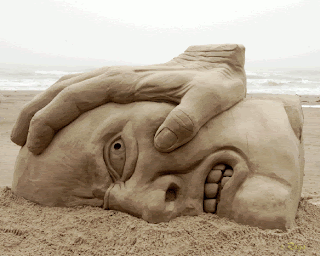Common Reactions to The Topic of Childhood Trauma

Parental Responsibility and Nature vs Nurture or Common Reactions to The Topic of Childhood Trauma Nature vs Nurture Yesterday I wrote an article “It’s Not The Child’s Fault” , and although the ideas in it are not new, it created some controversy, as expected. Even though the reactions mostly were positive, some people got emotionally triggered and replied negatively. The negative reactions were pretty much the same as I’ve seen them many times in relation to articles and videos on the subject of child abuse and childhood trauma: “parents did the best they could,” “it’s nature, not nurture,” “so you’re saying that ALL diseases and disorders are developed because of child abuse?”, straw-man, projection, acting out, no curiosity, etc. I’ve seen the same thing posted in relation to the material of Alice Miller, Stefan Molyneux, Daniel Mackler, Gabor Maté, Peter Gerlach, Lloyd deMause, my own, etc. So, in this post I’ll try to address some of the most common reactions, respons...



